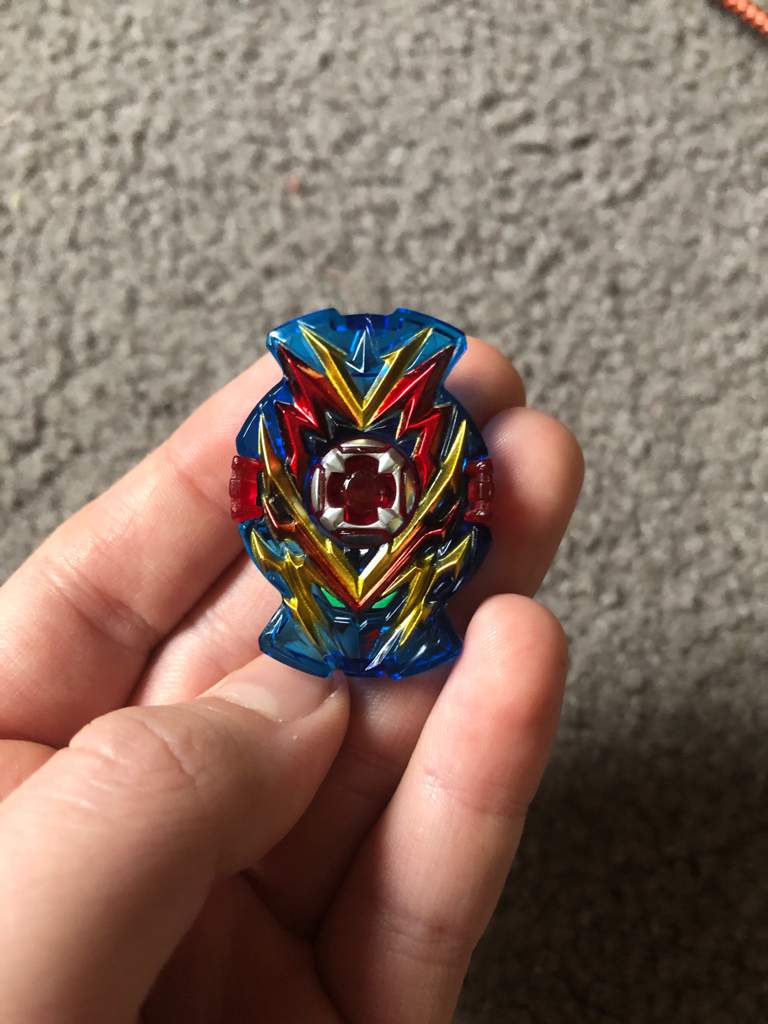


Īt age 18 Rommel joined the Württemberg Infantry Regiment No. Rommel had one older sister who was an art teacher and his favourite sibling, one older brother named Manfred who died in infancy, and two younger brothers, of whom one became a successful dentist and the other an opera singer.

As a young man, Rommel's father had been an artillery lieutenant. He was the third of five children to Erwin Rommel Senior (1860–1913) and his wife Helene von Luz, whose father, Karl von Luz, headed the local government council. Rommel was born on 15 November 1891, in Heidenheim, 45 kilometres (28 mi) from Ulm, in the Kingdom of Württemberg, Southern Germany, then part of the German Empire.
#NEW BRAVE VALKYRIE TRIAL#
Rommel was given a choice between committing suicide, in return for assurances that his reputation would remain intact and that his family would not be persecuted following his death, or facing a trial that would result in his disgrace and execution he chose the former and committed suicide using a cyanide pill. Because of Rommel's status as a national hero, Hitler wanted to eliminate him quietly instead of having him immediately executed, as many other plotters were. In 1944, Rommel was implicated in the 20 July plot to assassinate Hitler. He was a supporter of Adolf Hitler, at least until near the end of the war, if not necessarily sympathetic to the party and the paramilitary forces associated with it. Historians have given different accounts of the specific period and his motivations. With the Nazis gaining power in Germany, Rommel gradually came to accept the new regime. He later commanded the German forces opposing the Allied cross-channel invasion of Normandy in June 1944. Other historians note that there is no clear evidence Rommel was involved or aware of these crimes, with some pointing out that the war in the desert, as fought by Rommel and his opponents, still came as close to a clean fight as there was in World War II. A number of historians have since rejected the phrase as myth and uncovered numerous examples of German war crimes and abuses towards both enemy soldiers and native populations in Africa during the conflict. Among his British adversaries he had a reputation for chivalry, and his phrase "war without hate" has been uncritically used to describe the North African campaign. His leadership of German and Italian forces in the North African campaign established his reputation as one of the ablest tank commanders of the war, and earned him the nickname der Wüstenfuchs, "the Desert Fox". In World War II, he commanded the 7th Panzer Division during the 1940 invasion of France.

In 1937, he published his classic book on military tactics, Infantry Attacks, drawing on his experiences in that war. Rommel was a highly decorated officer in World War I and was awarded the Pour le Mérite for his actions on the Italian Front. Popularly known as the Desert Fox ( German: Wüstenfuchs, pronounced ( listen)), he served in the Wehrmacht (armed forces) of Nazi Germany, as well as serving in the Reichswehr of the Weimar Republic, and the army of Imperial Germany. Johannes Erwin Eugen Rommel ( pronounced ( listen)) (15 November 1891 – 14 October 1944) was a German field marshal during World War II.


 0 kommentar(er)
0 kommentar(er)
